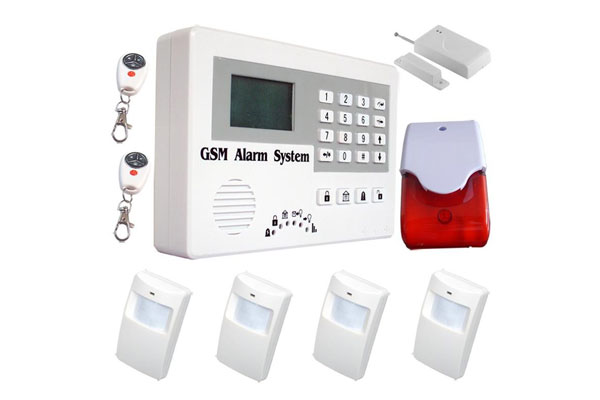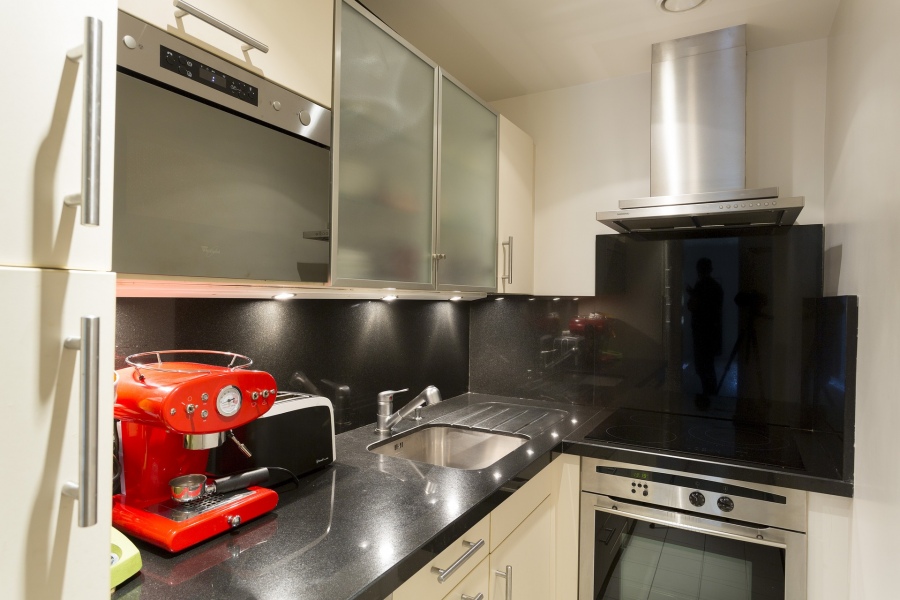Although many homeowners do have a home security alarm installed on their property, and this is serving to lessen their chances of being robbed, an inevitable phenomenon is occurring: the more sophisticated anti-theft measures become, the more sophisticated the burglars become.
Some may say it’s a never-ending battle that no home security system can help the homeowner to win. But there may be an exception in the form of the GSM or cellular alarm system.
The Weakness of Land Lines
Most home security systems are connected to a home’s land-line telephone. When a burglar breaks in, the system detects the intrusion and then uses the land-line to call the home security company. But what happens when a burglar, intent on outsmarting the system decides to disconnect the homeowner’s land line?
Without some kind of back up, a burglar who cuts the phone line of a home with a security system can take all the time they want to remove your valuables without having to worry about the monitoring station ever sending law enforcement out to your home.
Once a phone line has been effectively cut, the burglar needs only to destroy your system’s control panel to silence any alarms that could alert neighbors to their presence in your home.
Covering All the Bases
A GSM (Global System For Mobile Communications) system allows a home security system to use both the landline and a cellular line. This type of wireless system utilizes the same type of SIM card that is now included in most cell phones. Once installed, the chip allows the homeowner to control their security system with their cell phone.
Every action that a homeowner would take on their security system at home can be executed via their mobile phone. This not only gives the homeowner peace of mind that their home is protected around the clock, but also helps the homeowner to avoid having to travel all the way back to their residence to turn their system on if they forget to do so when they leave.
Wireless That Goes Beyond the Cell Phone
In addition to being able to receive notifications via cell phone when intrusions occur, the access points within the home are mostly wireless these days as well. This can make installation by the homeowner almost effortless, as there is no plan for routing and hiding wires required.
Of course, there are some issues that having a wireless system can create. One big consideration are the sensors themselves. While their wireless aspect is quite convenient, each sensor is powered by its own battery, which means each sensor in your home will have to be tested for battery strength, and the batteries replaced when the time comes to perform your home security alarm system’s maintenance.
The Cost of GSM
The convenience of wireless communication between your home and the security company may not come cheap. Most GSM systems cost more than those which utilize a land line alone. But if the thought of a burglar disconnecting your land line to get at your valuables is a concern to you, then the cost of a GSM system may be worth it to you.
GSM systems can be anywhere from $100 to over $500 to purchase. As with anything you buy, researching which system might be right for you is the first step in making an informed decision. It may also help to seek the advice of other homeowners who have used the systems in their own homes.
If you prefer to install your new GSM system yourself, it’s important to be aware of the tools and experience you may need to do the job properly. Not doing so could result in you being far less protected than you should be.
Guest author Emma Prior writes on a variety of technology topics, but is particularly well versed on home security She recommends The HSS Geek for consumer education and research.





